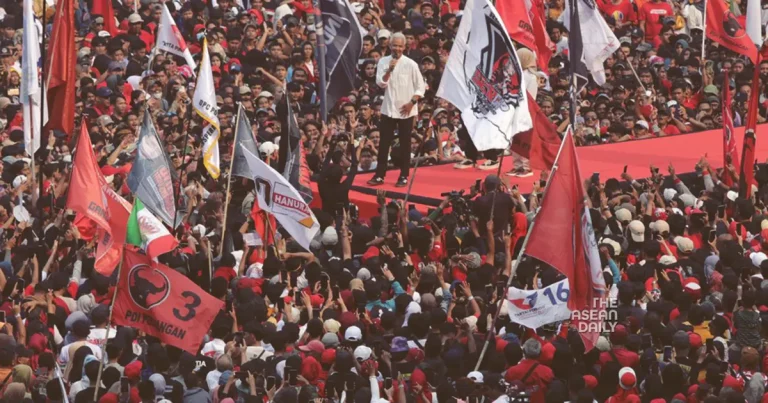10-2-2024 (JAKARTA) Indonesia’s presidential candidates are gearing up for their final major rallies on Saturday (Feb 10) to energize their bases and sway undecided voters, as campaigning enters its last leg ahead of the world’s largest single-day election next week.
Following Saturday’s rallies, candidates will observe a cooling-off period starting Sunday until the pivotal day on Feb 14. Three contenders are vying to succeed the immensely popular President Joko Widodo, who has helmed Indonesia for a decade and is ineligible to run again.
The election in the world’s third-largest democracy features two prominent former governors, Ganjar Pranowo and Anies Baswedan, alongside ex-special forces commander Prabowo Subianto, who has surged in opinion polls with tacit support from the president and the incumbent’s son as his running mate.
At stake is the leadership of a mineral-rich G20 economy with a population of 270 million, positioning itself as a promising hub for multinational corporations in various industries.
In addition to the presidential race, more than 20,000 legislative and administrative positions will be contested next week, with 259,000 candidates vying for these roles.
Ganjar, from the largest party, will seek to consolidate his support in Central Java, a region he has served as governor and lawmaker for two decades. Anies, an independent candidate and former governor of the capital from 2017 to 2022, will host his rally at the city’s largest stadium.
Defence Minister Prabowo, contesting his third consecutive election, will hold his rally at another stadium in Jakarta, aiming to convert his substantial social media following among young Indonesians into votes. More than half of Indonesia’s 204.8 million eligible voters are under 40.
Survey Insights Prabowo received a significant boost on Friday with the latest opinion poll by Indikator Politik Indonesia projecting him to lead with 51.8 per cent support among the 1,200 respondents.
Anies emerged as the preferred candidate for 24.1 per cent of respondents, while 19.6 per cent opted for Ganjar, leaving about 4.5 per cent undecided.
Undecided voters could play a decisive role for former academic Anies and the populist Ganjar in forcing a runoff between the top two contenders, a scenario that could reshape the presidential race significantly.
Arya Fernandes from Indonesia’s Centre for Strategic and International Studies emphasized the importance of a robust turnout if Prabowo intends to secure victory next week. “It depends on whether Prabowo can ensure that his loyalists show up to the polls,” he remarked.
Prabowo has undergone a rebranding effort to shed his image as a fiery nationalist and erstwhile lieutenant of the late authoritarian leader Suharto. He now portrays himself as a genial figure, a cat-loving grandfather with a penchant for clumsy dancing.
However, Arya Fernandes believes Prabowo’s surge in popularity is largely attributed to his perceived endorsement by President Jokowi, who reportedly views the former rival as the continuity candidate. “There are no other explanations besides the effect of Jokowi’s political support,” Arya concluded.




